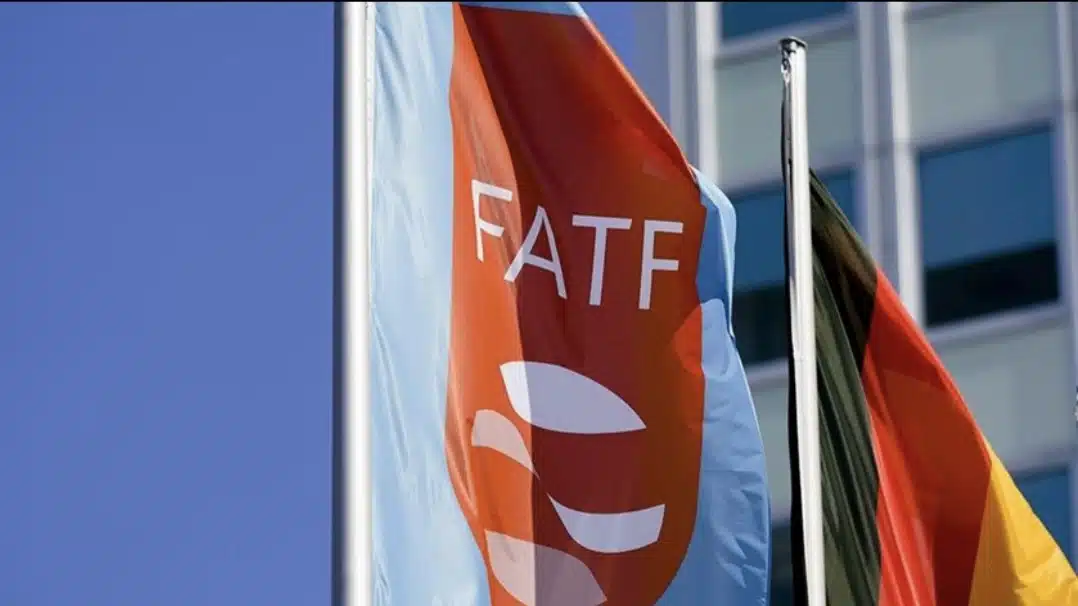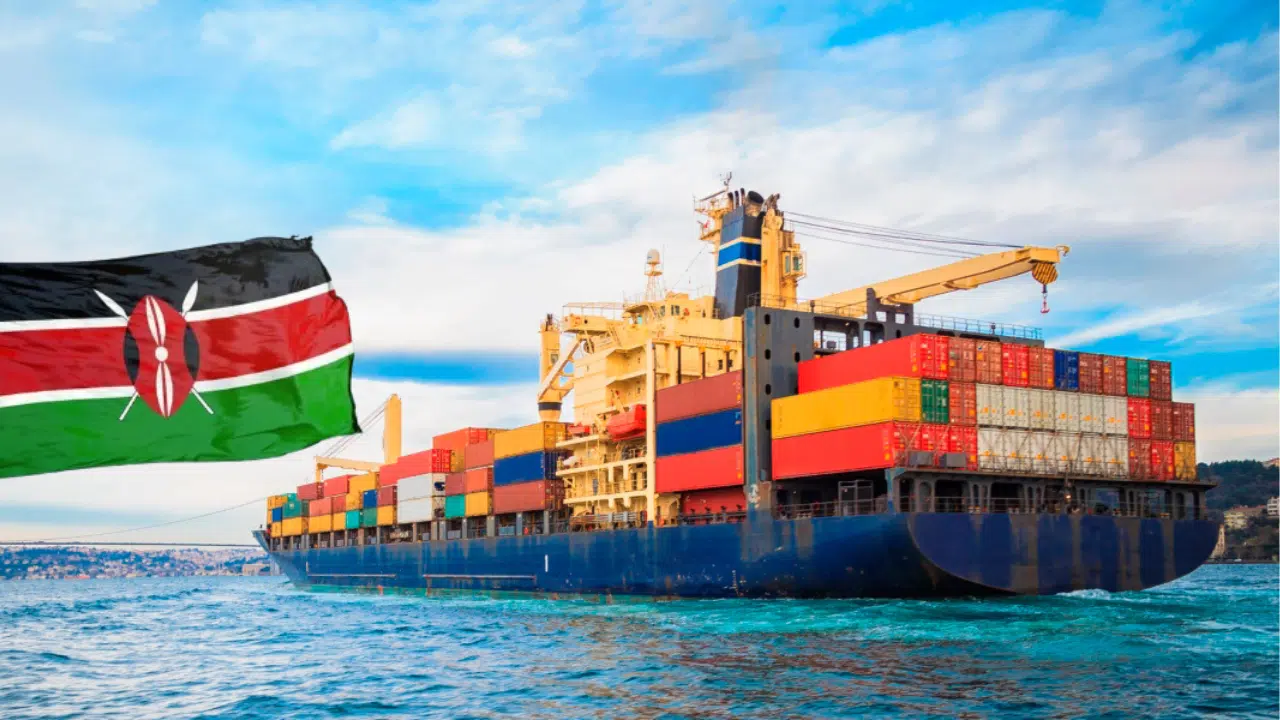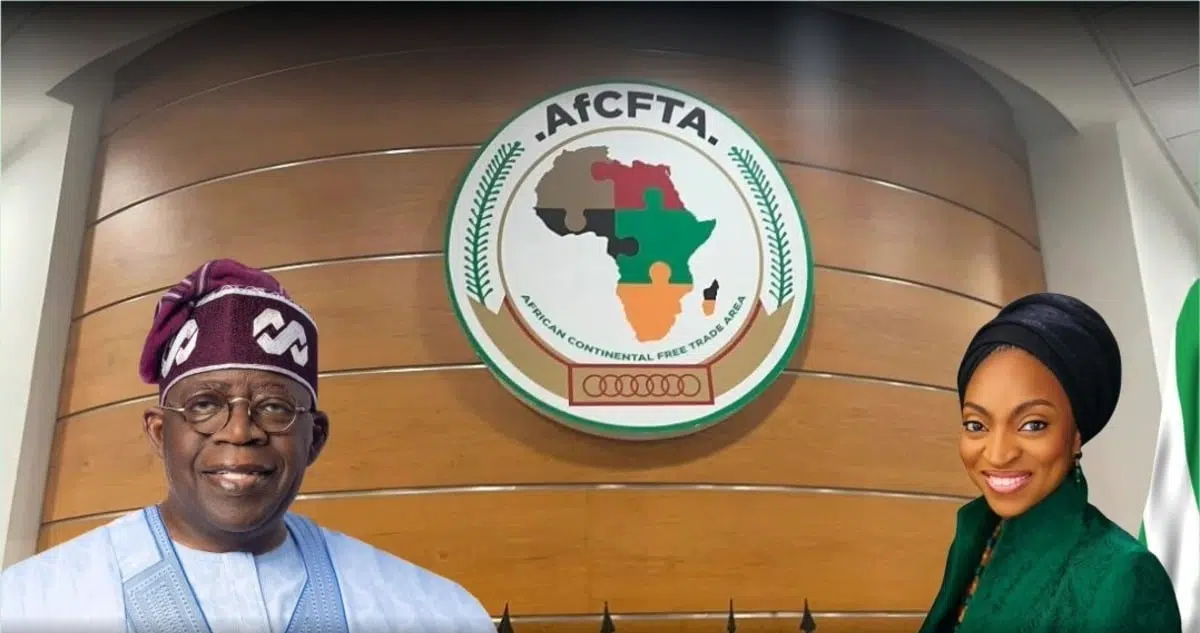For years, Nigeria’s fintech narrative has centred on inclusion through payments. We’ve opened millions of accounts, POS terminals have proliferated, and instant transfers are gradually surpassing cash withdrawals. But new data from Moniepoint and Intelpoint show that the system is spreading widely without going deep.
Intelpoint’s MSME Finance Report (2024) finds that 51.1 % of small businesses fund themselves from personal savings, and another 16.9 % from friends and family. Only 15.7 % access bank loans, and just 1.07 % of total commercial credit flows go to small-scale enterprises. Nearly seven in ten MSMEs, in other words, run entirely on private liquidity.
This reliance on personal and social capital shapes how MSMEs move money. Without access to bank credit, money moves hand-to-hand within family, market, and community circles, rather than through banks or payment institutions.
Moniepoint’s Informal Economy Report 2025 reveals an even more structural layer: cash remains king, but bank transfers are quietly overtaking it for supplier payments. Informal merchants pay wholesalers by transfer, yet still collect from customers in cash. Nigeria’s digital payments revolution is therefore upstream, which is efficient for trade inputs, invisible for retail flows.
The rise of the “cash-transfer hybrid”
This duality defines the new informal payment order. In markets from Alaba to Kano, transactions flow in two loops:
- Cash-to-cash for customer sales;
- Transfer-to-transfer for restocking and supplier payments.
The middle of the chain, where banks and PSPs could extend working capital or provide data for credit scoring, remains unconnected.
The data explain why. Moniepoint finds 51% of informal operators have never taken a loan and don’t intend to, up from 30 % a year earlier. Among those who do borrow, digital lenders and microfinance banks now outrank commercial banks. Fear of repayment and punitive interest rates have replaced collateral as the main barriers to credit.
What this shows, as one Lagos-based PSP executive put it, is that “Nigeria’s payment rails have outgrown its credit rails.”
Why liquidity isn’t translating into leverage
The problem isn’t adoption. Merchants are comfortable moving money digitally when it serves trade. The issue is that the payment ecosystem has become a circulation engine, not a leverage engine.
Four forces explain the stall:
- Credit aversion. Inflation and interest rates have made debt feel dangerous; half of informal firms prefer self-funding to borrowing.
- Capital asymmetry. Intelpoint’s data show 69 % of bank branches are in southern Nigeria and 42 % in Lagos, concentrating access where liquidity is already deepest.
- Data siloing. PSPs and banks rarely convert transaction histories into credit scoring; payments prove activity but not “bankability.”
- Thin monetisation. As BCG notes in our earlier piece, most fintechs remain stuck in low-margin transfer businesses. Without lending or savings products, there’s little revenue to reinvest in risk infrastructure.
The result: Nigeria’s MSME economy is digitising without formalising. Transfers are replacing cash, but not yet building creditworthiness. At least that has been the case until recent developments.
The opportunity: turning payments into capital

Moniepoint’s findings also hint at solutions. Around 74% of informal businesses save with digital wallets or cooperatives, and 41% save specifically for expansion. Meanwhile, 55% extend informal credit to customers based on trust.
This points to a data-rich, credit-poor environment. Each transaction and savings pattern is a latent credit signal. If PSPs could model risk using payment data, things could get really interesting. But there’s a layer that’s showing lots of promise. Helping businesses formalise when signing up to use a payment service.
Moniepoint, in partnership with Nigeria’s Corporate Affairs Commission and the Federal Ministry of Industry, Trade & Investment (FMITI), is helping to formalise lots of businesses in the informal sector.
If regulators allowed PSPs to model risk using these flows, and if formalisation steps were embedded inside onboarding — as Moniepoint did with CAC and FMITI — access to credit could expand without new bureaucracy.
Digitising market dues and daily levies — which average ₦500 per day, or ₦125,000 a year per business — offers another overlooked rail. These payments are predictable and universal; formalising them through PSP platforms could unlock new liquidity corridors for both merchants and municipalities.
The business case is clear. Fintechs struggling with low ARPU could boost both revenue and impact by layering savings, credit, and levy-collection products atop existing payment networks. The next leap for Nigeria’s payment ecosystem will come not from more transfers — but from making those transfers bankable.
Why it matters
Nigeria’s payments story has been told as one of inclusion and innovation. But beneath the headlines lies a liquidity trap: a country where digital payments circulate billions daily while small businesses still self-finance.
Intelpoint, Moniepoint, and Finance in Africa’s data converge on the same message: the next challenge for regulators and PSPs needs to go from onboarding to intermediation. The rails are built. What’s missing is the capital logic that makes them matter.
Until Nigeria’s payment system begins to create leverage, not just liquidity, its digital revolution will remain what it is today. Fast-moving, cash-backed, and credit-starved.











